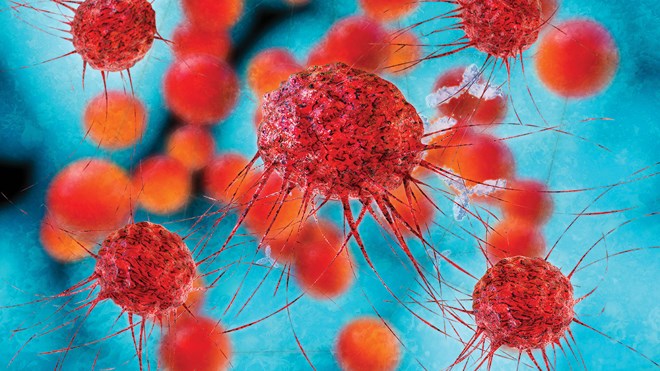First Nations people had poorer survival rates for 14 of the 15 most common forms of cancer, according to the first national study of its kind in Canada.
A new study published in Cancer Epidemiology, Biomarkers and Prevention has found that First Nations people in Canada have significantly poorer five-year survival from cancer than non-Aboriginals.
The study used four national administrative databases to estimate cancer survival in First Nations people across Canada from 1992 to 2009 and compared it to survival among non-Aboriginal Canadians.
The largest absolute differences in survival rates between First Nations and non-Aboriginals were for cervical and ovarian cancers, where the five-year survival rate was at least 20 per cent higher among non-Aboriginals.
Dr. Loraine Marrett, a senior scientist with Cancer Care Ontario and one of the study's authors, said the study could help lead to more action to help close the gap between First Nations people and non-Aboriginal Canadians.
“This is the first time we've had national data on cancer in First Nations people,” she said.
The study found the differences in cancer survival rates could not be explained by income and rurality.
But an earlier study Marrett and her colleagues did on breast cancer survival rates in Ontario did find some factors that led to poorer outcomes for First Nations women.
That study found First Nations women often had a later breast cancer diagnosis than non-Aboriginal women, and also had more underlying health conditions like diabetes.
“That was just for breast cancer, but I suspect those same two factors are going to be true for many of the cancers that we looked at,” Marrett said.
Dr. Carrie Bourassa, chair of Northern and Indigenous Health at the Health Sciences North Research Institute, said she found the study's findings alarming, but not surprising.
Bourassa said Indigenous people in Canada generally have poorer health outcomes than the rest of the population.
“I think it's time we start looking at some of the other factors that we've been talking about in our communities for a little while,” she said.
One of those factors, said Bourassa, is the ongoing impact of colonization and the generational trauma that negatively impacts people's health.
“Those are issues that we continue to see ignored, but they're there and they're very real,” she said. “Colonization has an ongoing impact.”
But despite the effects of that generational trauma, Bourassa said Indigenous communities across Canada have also shown a lot of resilience.
She said one of the goals of her research is to tap into that resilience, and find ways to make communities healthier by listening to their needs.
“They know what they need. They have the answers,” Bourassa said. “Now it's our time to listen and work with them, and take direction from them, and really make the change happen.”
